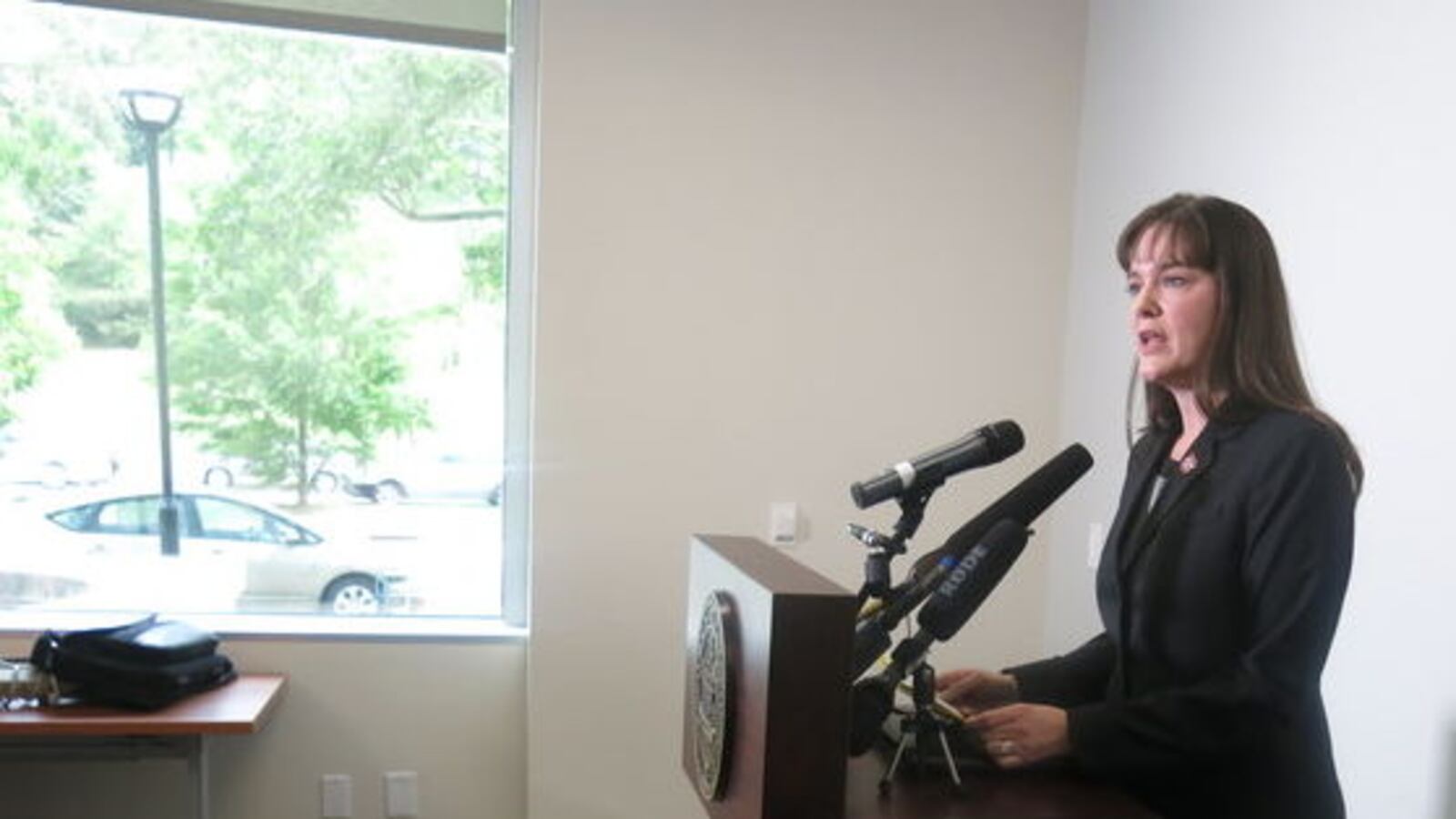First, Tennessee asked lawmakers to make temporary changes to its teacher evaluations in anticipation of switching to a new test, called TNReady.
Then, TNReady’s online platform failed, and the state asked lawmakers to tweak the formula once more.
Now, the State Department of Education is asking for another change in response to last year’s test cancellation, which occurred shortly after the legislative session concluded.
Under a proposal scheduled for consideration next Monday by the full House, student growth from TNReady would count for only 10 percent of teachers’ evaluation scores and 20 percent next school year. That’s compared to the 35 to 50 percent, depending on the subject, that test scores counted in 2014-15 before the state switched to its more rigorous test.
The bill, carried by Rep. Eddie Smith of Knoxville, is meant to address teachers’ concerns about being evaluated by a brand new test.
Because testing was cancelled for grades 3-8 last spring, many students are taking the new test this year for the first time.
“If we didn’t have this phase-in … there wouldn’t be a relief period for teachers,” said Elizabeth Fiveash, assistant commissioner of policy. “We are trying to acknowledge that we’re moving to a new assessment and a new type of assessment.”
The proposal also mandates that TNReady scores count for only 10 percent of student grades this year, and for 15 to 25 percent by 2018-19.
The Tennessee Education Association has advocated to scrap student test scores from teacher evaluations altogether, but its lobbyist, Jim Wrye, told lawmakers on Tuesday that the organization appreciates slowing the process yet again.
“We think that limiting it to 10 percent this year is a wise policy,” he said.
To incorporate test scores into teacher evaluations, Tennessee uses TVAAS, a formula that’s supposed to show how much teachers contributed to individual student growth. TVAAS, which is short for the Tennessee Value-Added Assessment System, was designed to be based on three years of testing. Last year’s testing cancellation, though, means many teachers will be scored on only two years of data, a sore point for the TEA.
“Now we have a missing link in that data,” Wrye said. “We are very keenly interested in seeing what kind of TVAAS scores that are generated from this remarkable experience.”
Although TVAAS, in theory, measures a student’s growth, it really measures how a student does relative to his or her peers. The state examines how students who have scored at the same levels on prior assessments perform on the latest test. Students are expected to perform about as well on TNReady as their peers with comparable prior achievement in previous years. If they perform better, they will positively impact their teacher’s score.

Using test scores to measure teachers’ growth has been the source of other debates around evaluations.
Historically, teachers of non-tested subjects such as physical education or art have been graded in part by schoolwide test scores. The House recently passed a bill that would require the state to develop other ways to measure growth for those teachers, and it is now awaiting passage by the Senate.

